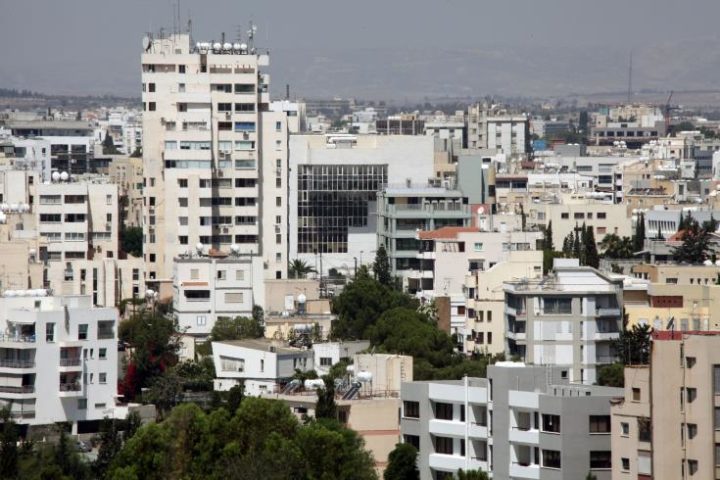MPs seek a compromise on reduced VAT for first homes after the European Commission initiated infringement proceedings against Cyprus over the discount.
Green MP Stavros Papadouris has tabled a bill that sees a reduced 5% VAT applied for the first 180 sqm of a house that does not exceed 220 sqm, with a maximum building cost of €300,000, the end value of €450,000.
A European Union directive to reduce the size of homes entitled to a lower 5% VAT had parliament and real estate stakeholders in an uproar, as they claimed it would endanger the recovery of the construction sector and the wider economy.
The EU directive dictates that member states introduce legislation of 5% VAT on homes up to 140 square metres.
In Cyprus, the reduced rate of 5% VAT applies for homes up to 200 sqm of buildable area.
A Finance Ministry bill has lingered in the House corridors for months, as MPs and industry stakeholders are pushing back.
The cabinet has already agreed to the directive and needs parliamentary approval.
According to reports, a home of more than 170 sqm under the proposed bill will get the standard 19% VAT for every square metre over the limit.
But a home covering over 220 square metres would not be eligible for the lower VAT rate of 5% and instead incur 19% for the whole project.
Currently, this is applicable for homes over 275 square metres.
For flats, only the first 90 square metres of an apartment covering 110 sqm will be taxed at 5% VAT.
However, the directive allows states to employ a reduced VAT rate on homes if this will serve a social policy, such as promoting affordable housing.
Cyprus could be slapped with sanctions by Brussels, as an infringement procedure was launched against the Republic in the summer of 2021.
The EU argues that it has evidence indicating the government did not use what is considered a social contingency measure in a targeted manner.
In a warning letter, the European Commission stated clearly that third-country nationals eyeing a Cypriot passport through its now-defunct Citizenship for Investment scheme have benefited from the measure.
Nicosia has also come under the microscope after an Audit Office report claimed the current legislation was abused by foreign investors eyeing a golden passport, costing the state millions in unpaid taxes.
Based on the findings, the Republic had revenue losses of €200 mln from foreign investors who were naturalised as Cypriots.
Foreign investors eyeing a Cypriot passport took advantage of loopholes when buying luxury apartments in towers, getting away with the low 5% VAT clause.










